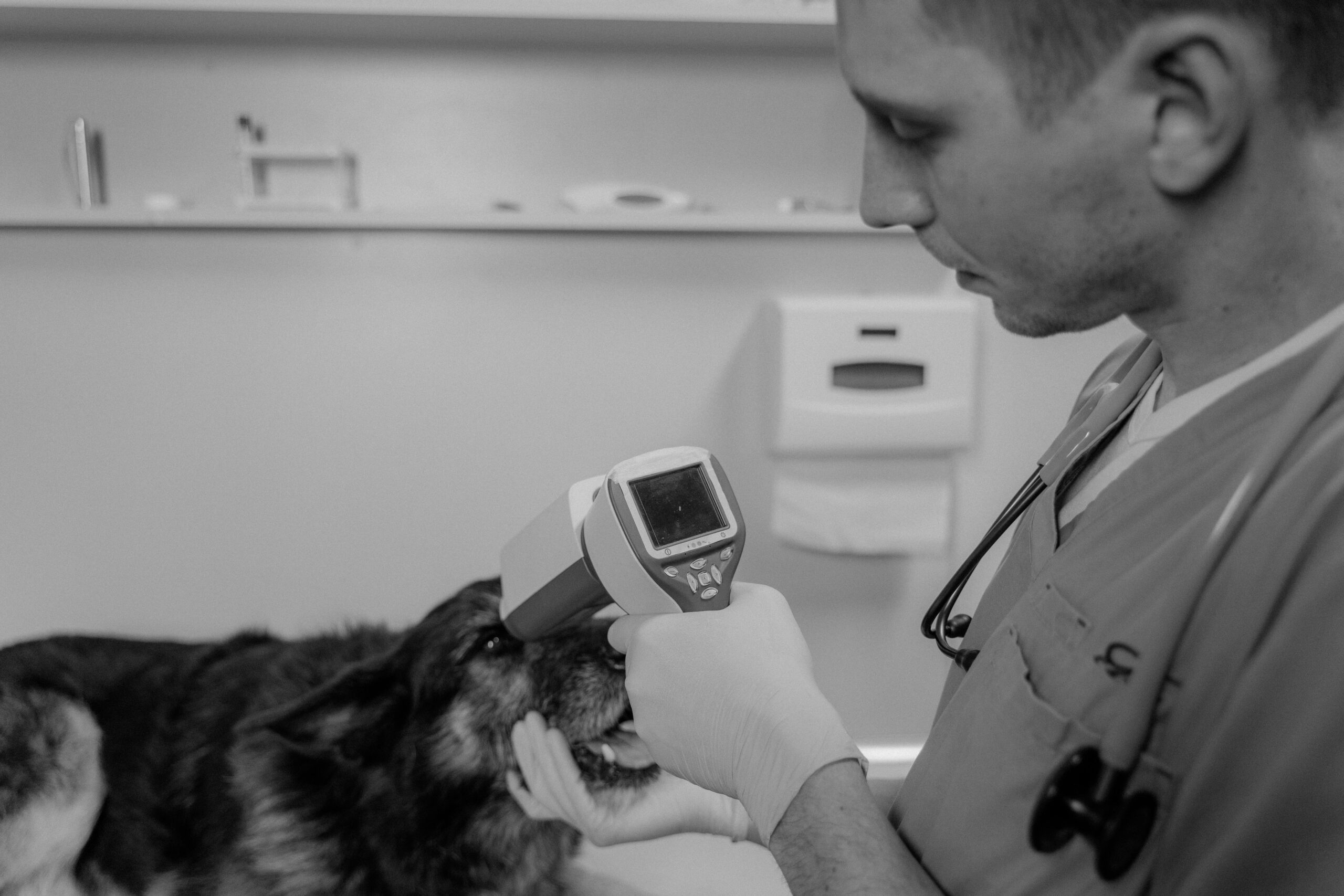We know as a parent to a furry friend, there’s nothing more important to you than the health of your pets. Even despite your efforts, your pets may face health challenges you can’t plan for and as a result, need special attention. For example, your pet could develop Diabetes. In pets, especially dogs and cats, it is much more common than pet owners realize.
This Pet Diabetes Month, we want to help you recognize signs of diabetes, and how to manage your pet’s health.
What is Diabetes in Pets?
Let’s start by diving into what diabetes actually is in pets. Diabetes happens when the pancreas doesn’t produce enough insulin or when their bodies don’t respond properly to insulin. This causes blood sugar levels to rise, leading to a range of potential health issues.
Type 1 Diabetes is most common in dogs and occurs when the pancreas doesn’t produce insulin. It’s likely that your dog may require insulin injections to help manage their diabetes.
Type 2 Diabetes is more common in cats and typically is a result of insulin resistance. While some cats may require insulin, it’s also possible that diet changes can be helpful in controlling their diabetes.
Signs of Diabetes in Your Pet
Here are some symptoms to look for in your pet if you are concerned about their potential risk for diabetes.
Increased Thirst and Urination
If you notice your pet is drinking and urinating more than usual, don’t brush this off! This is a typical symptom of diabetes. Keep an eye on their water bowl and pay attention to see if they are having more accidents in the house.
Larger Appetite but Losing Weight
Pets with diabetes often have larger appetites. If you notice your pet eating more but losing weight, reach out to us!
Low Energy
Pets who have diabetes may often seem more tired, weak, or less interested in activities they might typically enjoy.
Cloudy Eyes in Dogs
Pet’s with diabetes often show it in their eyes. If they appear cloudy, give us a call.
Poor Coat Condition in Cats
Cats grooming can decline and be a sign that your pet may have diabetes. Keep an eye out and notice if their coats are poorly groomed, this could be a sign!
If you notice any of these symptoms or signs in your pets, make sure to give us a call right away. We can help you understand the best diagnosis for your pet.
How to Manage Diabetes in Pets
Diabetes can be manageable with the right treatment for your pets. Here are a few things to keep in mind that we can help you determine if they will be the best course of care for your pet.
Insulin Therapy
Many pets require routine insulin injections to help regulate their blood sugar. When you give us a visit, we can help you determine the best techniques and practices to make this a seamless part of your routine.
Dietary Management
Having a proper diet for your pet is essential in helping them maintain their diabetes. Make sure that you are keeping your pets on a regular feeding schedule which can prevent changes in their blood sugar.
Exercise and Weight Management
Making sure that your pet has a regular and healthy weight is important for pets with diabetes. Regular, gentle exercise can help improve your pets condition and prevent weight gain. Make sure to check-in with us before exercising your pet. We can guide you on levels of exercise for them that are safe and healthy.
Regular Vet Check-Ups
One of the most important things your pet with diabetes needs are regular veterinary checkups. These checkups can help monitor their blood sugar levels and ensure they are improving. During these appointments we can also help you determine any potential complications early on or even make any necessary health adjustments.
Living with a Diabetic Pet
Caring for a diabetic pet requires a little bit of extra time and dedication. But with the proper support and plan, your furry friend can live a happy and healthy life.
Remember, you don’t have to do this alone! Our team is here to help guide you every step of the way. Don’t hesitate to reach out to us with any questions you may have about your pet’s health.




